Tesla Ordered to Pay $3.2 Million in Racial Harassment Lawsuit.

On Monday, a federal jury in San Francisco ruled that Tesla must pay approximately $3.2 million to Owen Diaz, a black former employee after the electric vehicle manufacturer was found to have failed to prevent severe racial harassment at its flagship assembly plant in California.
The case dates back to a 2017 lawsuit filed by Diaz, who had previously been awarded $137 million by a different jury in 2021. However, Diaz opted for a new trial on damages after a judge agreed that Tesla was liable but significantly reduced the initial award to $15 million.

Throughout his time at Tesla's Fremont, California factory, Diaz, an elevator operator, it was alleged that the company did not take action when he repeatedly complained to managers about employees using racist slurs and drawing offensive symbols, such as swastikas, racist caricatures, and epithets on walls and work areas.
The week-long trial concluded with the jury awarding Diaz $175,000 in damages for emotional distress and $3 million in punitive damages. Punitive damages are designed to punish unlawful conduct and deter similar behavior in the future.

This case highlights the importance of companies not only implementing policies to prevent harassment and discrimination but also actively enforcing them. It serves as a reminder for organizations to take all allegations seriously, investigate them promptly, and take appropriate action to address any issues that arise.

As a leading electric vehicle manufacturer, Tesla has a responsibility to set an example for other companies in terms of its commitment to creating a safe and inclusive work environment for all employees. The verdict in Diaz's case illustrates that there is still work to be done to ensure that all employees are treated with respect and dignity.

As the world continues to transition towards sustainable energy and electric vehicles, it is crucial that companies like Tesla prioritize fostering a workplace culture that is free from harassment and discrimination. The repercussions of this lawsuit should serve as a call to action for all organizations to review their policies, procedures, and training programs to ensure that they are effectively addressing issues related to workplace harassment and promoting a culture of inclusivity and respect.


